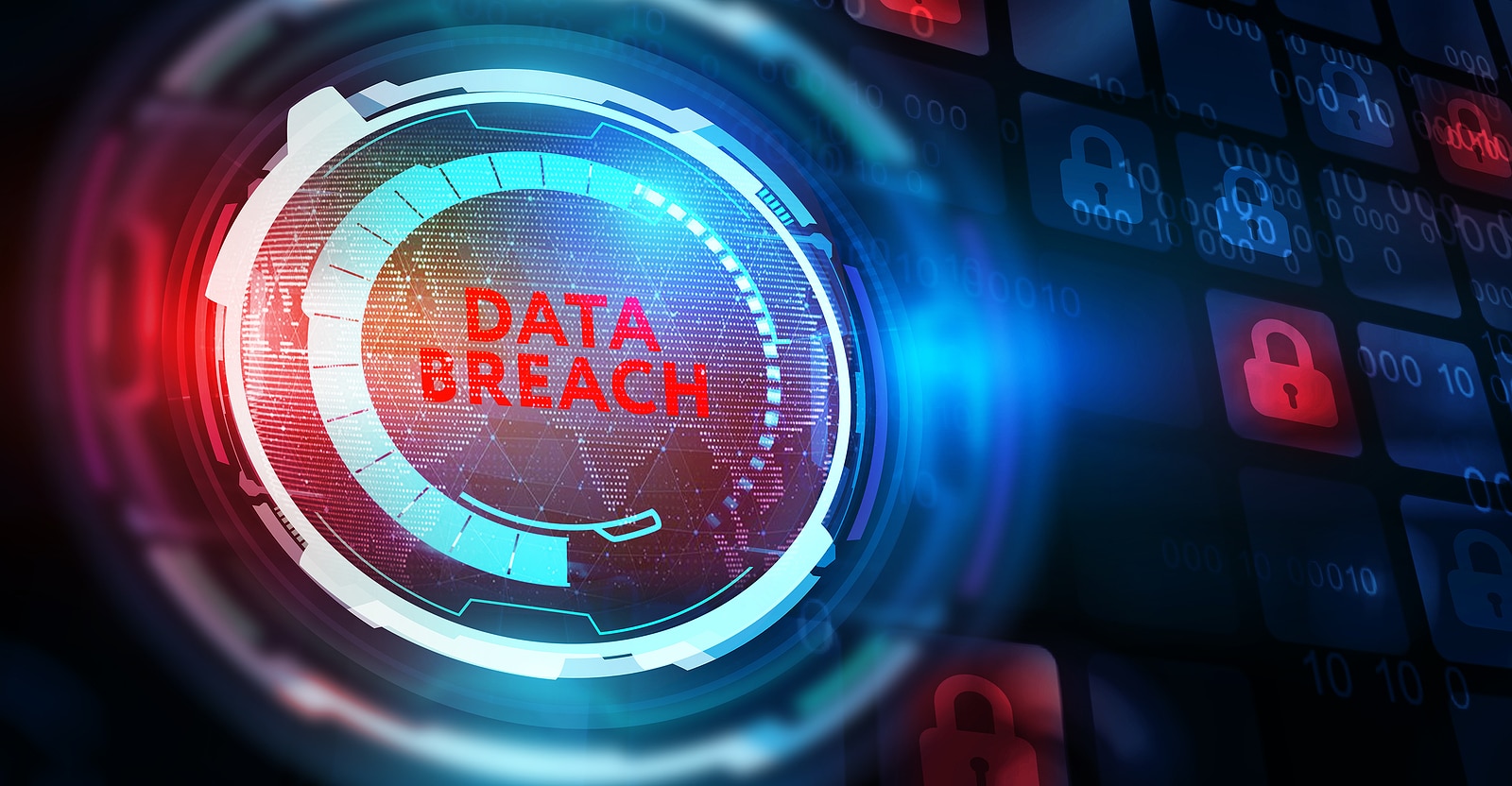Data Destruction Solutions: A Crucial Element in Your Cyber Security Approach
Data Destruction Solutions: A Crucial Element in Your Cyber Security Approach
Blog Article
The Significance of Effective Information Damage Practices in Shielding Sensitive Details and Ensuring Computer System Security
In an era where data violations are increasingly typical, the value of efficient data damage practices can not be overstated. Organizations face substantial threats when sensitive information is improperly dealt with, potentially resulting in unauthorized access and serious economic repercussions. Applying durable data devastation approaches not only reduces these dangers however also straightens with lawful compliance requirements, ensuring that companies promote their online reputation and foster customer depend on. The inquiry remains: what specific approaches can be utilized to boost these practices, and exactly how can companies successfully incorporate them into their general cybersecurity structure?
Comprehending Information Devastation
Understanding data destruction is vital in today's electronic landscape, where delicate details can easily be compromised. Efficient data damage includes not just deleting files however making sure that information is irretrievable with detailed approaches. This procedure is crucial for companies that take care of personal customer info, intellectual residential property, or inner records, as any kind of violation can bring about extreme monetary and reputational effects.
Information devastation includes various strategies, consisting of shredding physical media, degaussing magnetic storage devices, and using software-based remedies that overwrite information multiple times. Each approach offers a certain function and must straighten with the level of sensitivity of the info being thrown away. Physical devastation is frequently preferred for tough drives containing highly private information, while software techniques might suffice for much less sensitive details.
Furthermore, sticking to industry requirements and laws, such as the General Data Security Policy (GDPR) or the Medical Insurance Mobility and Accountability Act (HIPAA), is critical for compliance and to minimize legal threats. Organizations must establish a durable information devastation policy, train workers on best methods, and regularly investigate their procedures to make sure that all delicate details is gotten rid of firmly and efficiently.
Dangers of Inadequate Practices
Insufficient information damage techniques reveal companies to significant threats that can have far-reaching repercussions. When sensitive details is not correctly gotten rid of, it continues to be susceptible to unapproved accessibility, which can lead to information breaches and identity burglary. Such cases not just jeopardize the safety and security of individuals however likewise tarnish the company's track record, leading to a loss of consumer depend on and possible economic repercussions.
Moreover, governing compliance is increasingly rigorous in lots of industries. Failure to follow data devastation policies can cause substantial fines and legal activities versus companies. These penalties can stress monetary sources and draw away attention from core company procedures.
On top of that, the misuse of recurring information can cause copyright burglary or corporate espionage, jeopardizing competitive benefits (data destruction). The influence of poor data devastation extends past immediate monetary losses; it can additionally cause long-lasting damage to brand integrity and market placement

Organizations should recognize that data protection is not exclusively regarding avoiding violations; it likewise incorporates the accountable monitoring of information throughout its lifecycle. Overlooking reliable data damage protocols can have tragic ramifications, emphasizing the need for durable procedures to reduce these risks.
Best Practices for Data Damage
Implementing effective information destruction methods is vital for securing sensitive info and preserving compliance with regulative criteria. Organizations should take on a multi-faceted strategy to ensure that information is irretrievable, therefore avoiding unapproved access and potential breaches.
First, information ought to be classified based on level of sensitivity, allowing organizations to use appropriate destruction approaches customized to the degree of danger. For digital data, using software-based data-wiping tools that abide by sector standards can effectively overwrite existing information. Physical destruction techniques, such as shredding or degaussing, are essential for gadgets that keep sensitive information, guaranteeing complete obliteration.
Establishing a clear data retention plan is important, outlining the length of time different sorts of information need to be retained before devastation. Routine audits of information storage systems are additionally necessary to determine unnecessary or outdated data needing elimination.
Additionally, training employees on the relevance of information devastation and the particular protocols to adhere to fosters a culture of security within the organization. Finally, maintaining paperwork of data destruction refines provides liability and supports conformity with internal plans and outside policies. By adhering to these finest practices, companies can significantly minimize the risks connected with data exposure.
Legal and Compliance Considerations

Failure to adhere to these laws can result in extreme charges, consisting of significant fines and reputational damage. Organizations must implement a durable data destruction plan that straightens with these lawful frameworks and supplies clear guidelines on the appropriate approaches of data disposal, whether physical shredding or electronic cleaning.
Furthermore, keeping paperwork of data damage activities is vital for see this page showing compliance throughout audits or assessments. By prioritizing lawful and compliance factors to consider, organizations can enhance their data security pose and foster count on with stakeholders and clients, inevitably adding to a much more safe information monitoring atmosphere.
Advantages of Effective Information Devastation
Effective data damage techniques prolong past simple compliance; they supply substantial advantages to companies that prioritize them. By ensuring that sensitive info is irretrievably damaged, companies alleviate the threat of data breaches and the prospective financial consequences related to them. This proactive approach not only safeguards versus unapproved access but additionally improves the overall dependability of the company in the eyes of customers and stakeholders.
Implementing robust data destruction techniques, such as physical destruction of storage devices or innovative information wiping methods, contributes to the strengthening of an organization's cybersecurity pose. data destruction. It lowers the probability of intellectual home burglary and safeguards exclusive information, consequently preserving a competitive edge in the market

Verdict
Finally, reliable information destruction methods are important for securing sensitive details and improving total computer security. By executing thorough methods such as software, degaussing, and shredding overwriting, companies can reduce the risks connected with unapproved accessibility and information breaches. navigate to this website Adherence to governing standards, consisting of GDPR and HIPAA, more enhances compliance and protects versus lawful effects. Eventually, a commitment to durable data destruction strategies promotes a society of responsibility, thereby strengthening a company's cybersecurity pose and maintaining client depend on.

Report this page